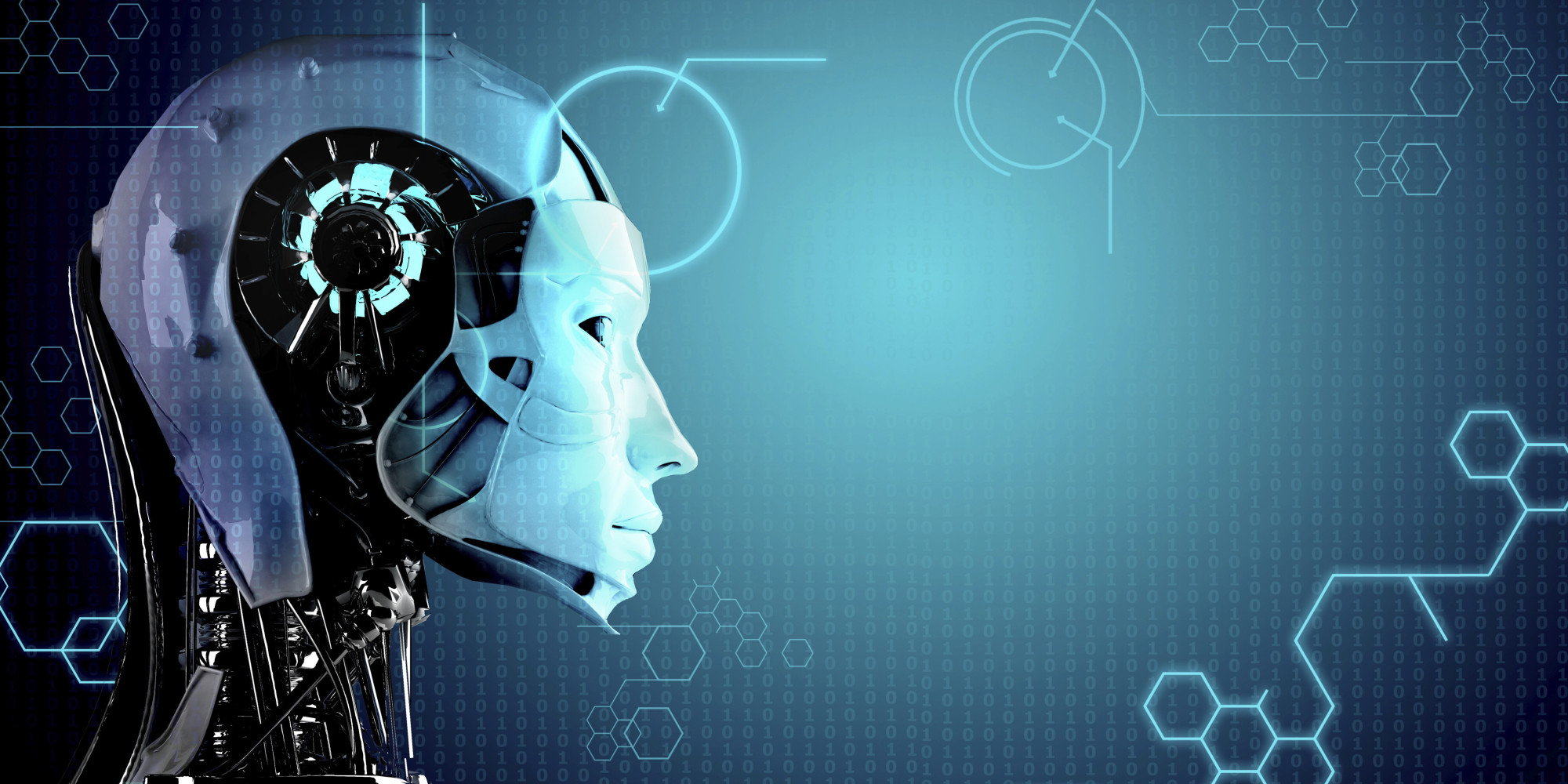The Rise of AI: Revolutionizing the Future
The Rise of AI: Revolutionizing the Future
Blog Article

Artificial intelligence, often abbreviated as AI, has been a topic of fascination and speculation for decades. In recent years, AI has transitioned from the realm of science fiction to becoming a powerful force shaping the world around us. This rapidly evolving technology is on the brink of revolutionizing every aspect of our lives, from how we work and communicate to how we approach complex problems and decision-making. Artificial intelligence is no longer just a concept of the future; it is a reality that is transforming the landscape of industries and society as a whole.
Evolution of AI
AI has come a long way since its inception, evolving rapidly over the years. What started as simple rule-based systems has transformed into complex neural networks mimicking the human brain.
In the early days, AI focused on symbolic reasoning, relying on predefined rules to make decisions. However, with the advent of machine learning, AI systems began to learn from data, making them more adaptable and capable of handling more complex tasks.
As technology advanced, deep learning emerged, enabling AI to process vast amounts of data and extract meaningful patterns. This breakthrough led to significant progress in areas such as image recognition, natural language processing, and autonomous vehicles.
Impact on Industries
Artificial intelligence (AI) is reshaping industries across the board. In healthcare, AI is streamlining processes, enabling quicker diagnosis, and improving patient outcomes. The ability of AI to analyze vast amounts of data has revolutionized the healthcare sector, leading to more personalized treatment options and better overall patient care.
In the financial sector, AI is enhancing fraud detection, automating tasks, and improving customer service. With AI-powered algorithms analyzing patterns and predicting market trends, financial institutions can make more informed decisions, reduce risks, and offer tailored financial products to clients.
The manufacturing industry has also seen significant benefits from AI implementation. Automation through AI-driven robotics has increased efficiency, reduced errors, and optimized production processes. By integrating AI into manufacturing systems, companies can achieve higher outputs, lower costs, and greater flexibility in adapting to market demands.
Ai Search Engine
Ethical Considerations
Artificial intelligence raises important ethical questions regarding privacy, data security, and potential biases in decision-making processes. As AI technologies become more integrated into daily life, it is crucial to consider the implications on personal information protection and the autonomy of individuals.
One key ethical concern is the use of AI algorithms in making important decisions, such as loan approvals or hiring processes. Ensuring transparency and accountability in these decision-making processes is essential to prevent discrimination and promote fairness in outcomes.
Moreover, the ethical use of AI requires ongoing monitoring and evaluation to mitigate any unintended consequences. It is imperative for organizations and policymakers to establish clear guidelines and regulations to safeguard against ethical breaches while harnessing the benefits of artificial intelligence.
Report this page